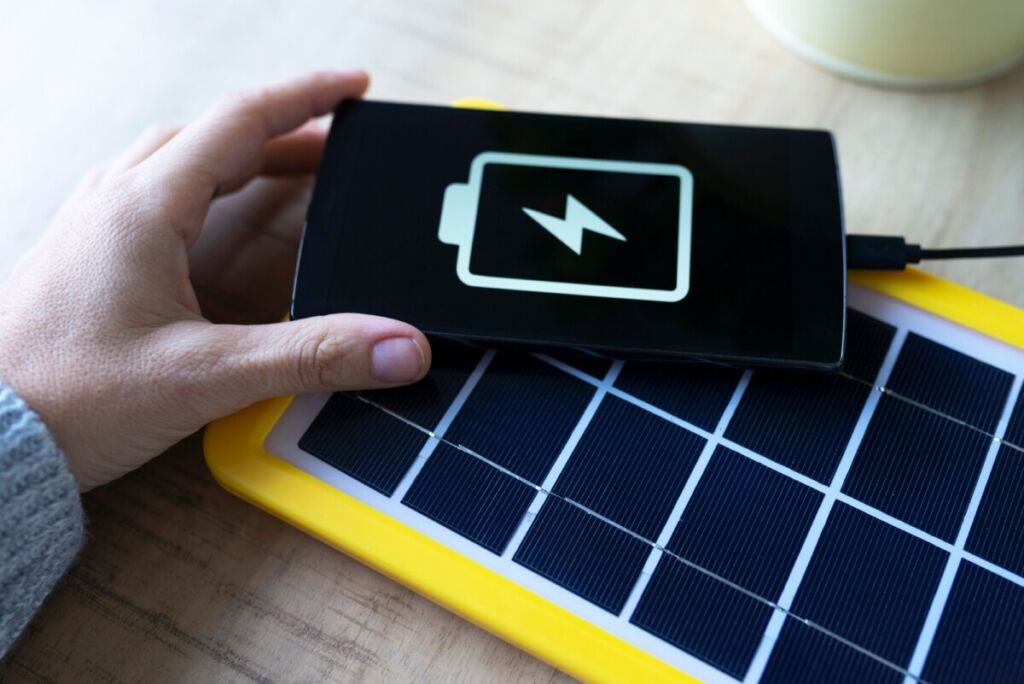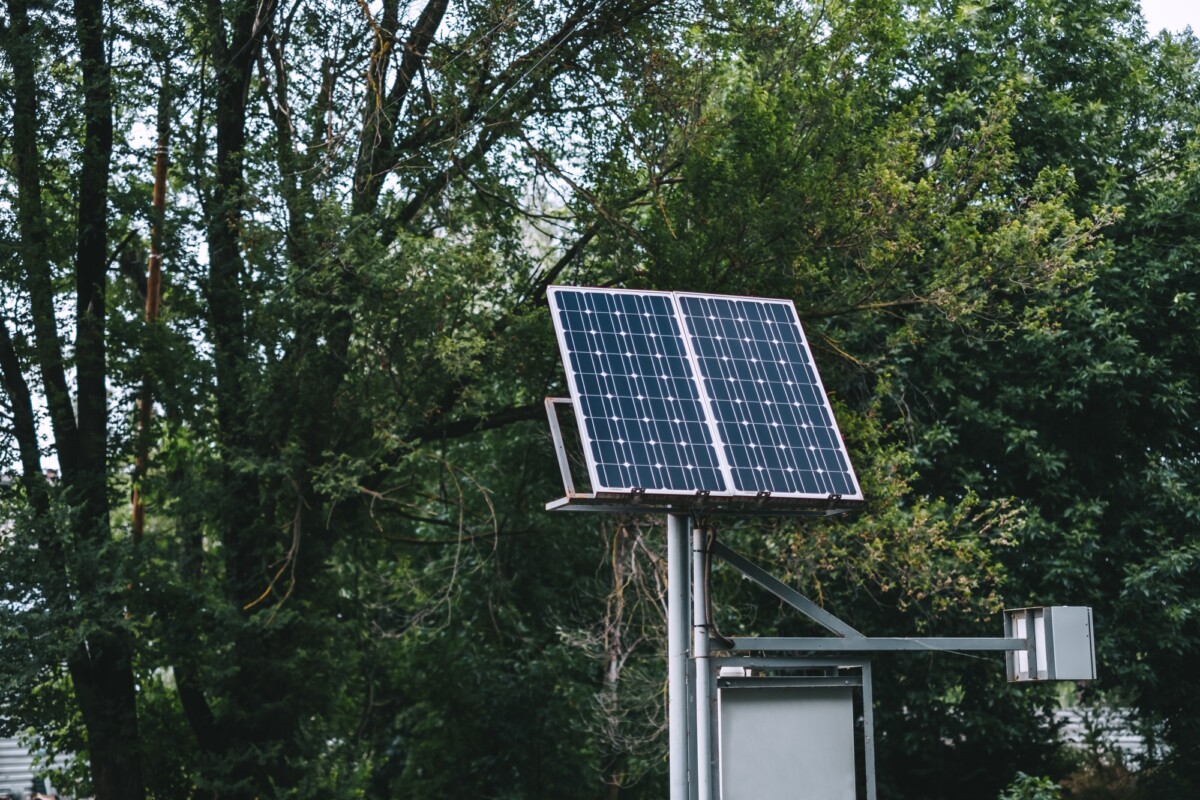Solar panel kit with battery systems are transforming how homeowners and outdoor enthusiasts harness energy—offering a practical way to achieve energy independence, cut utility bills, and stay powered during blackouts.
In today’s world of rising electricity prices, extreme weather events, and increasing environmental awareness, having a solar power kit with an integrated battery isn’t just a luxury—it’s smart planning. Whether you want backup power for emergencies, a complete off-grid setup for your cabin, or portable energy for RVs and camping, a solar kit with a battery offers a reliable and sustainable solution.
This in-depth guide covers everything you need to know about choosing the best solar panel kit with battery: how they work, what to consider before buying, real cost breakdowns, comparison tables, top-rated kits of 2025, and frequently asked questions.
What Is a Solar Panel Kit with Battery?
A solar panel kit with a battery is a pre-packaged system that includes all the components needed to generate, store, and use solar power. These kits typically come with:
-
Solar panels (monocrystalline or polycrystalline)
-
Charge controller
-
Inverter (for AC power conversion)
-
Deep cycle battery (lithium or AGM)
-
Mounting hardware and cables
Unlike standard solar panel kits that only generate power when the sun is shining, battery-backed kits store excess energy so you can use it at night, during cloudy days, or in power outages.
Types of Solar Panel Kits with Batteries
These kits come in several sizes and configurations depending on their purpose:
| Type | Use Case | Power Output Range |
|---|---|---|
| Portable Kits | Camping, RVs, emergency power | 100W – 500W |
| Residential Kits | Home backup, hybrid energy setups | 1,000W – 10,000W+ |
| Off-Grid Kits | Cabins, remote areas, full off-grid homes | 2,000W – 20,000W+ |
Each kit is tailored for specific needs. For instance, RV kits emphasize portability and quick setup, while residential kits focus on reliability, backup, and long-term savings.
How Does a Solar Kit with Battery Work?
The process is simple and efficient:
-
Solar Panels absorb sunlight and convert it into DC electricity.
-
A Charge Controller regulates the flow to protect the battery from overcharging.
-
The Battery stores the energy for later use.
-
An Inverter converts DC power into usable AC electricity for home appliances.
-
The system powers lights, refrigerators, fans, and more—either directly or through stored energy.
Depending on your setup, it can work as:
-
A standalone off-grid system
-
A hybrid system (connected to the grid but with backup power)
-
A mobile solution (for RVs, tiny homes, and travel)

Thinking about solar energy? See how it can lower your bills and elevate your home’s efficiency. Get Your Free Estimate at NewSolar Quotes
Benefits of a Solar Panel Kit with Battery
-
24/7 Power Availability – Use power anytime, even at night.
-
Emergency Backup – Stay powered during blackouts or disasters.
-
Lower Energy Bills – Use stored solar power instead of expensive grid electricity.
-
Sustainability – Reduce carbon footprint with clean, renewable energy.
-
Scalability – Add more panels or batteries as your needs grow.
Key Components to Consider
When choosing a solar panel kit with a battery, consider these important specs:
| Component | What to Look For |
|---|---|
| Solar Panel Type | Monocrystalline panels offer higher efficiency |
| Battery Type | Lithium-ion batteries last longer than AGM |
| Inverter Size | Match your total wattage needs (e.g., 3kW, 5kW) |
| Controller Type | MPPT controllers are more efficient than PWM |
| Scalability | Option to add more panels or batteries later |
Always calculate your daily energy usage to ensure your kit can support your power needs. Appliances like refrigerators, microwaves, or AC units require higher wattage and battery capacity.
Top 5 Solar Panel Kits with Battery (2025)
Here’s a comparison of some of the best-reviewed and widely used solar kits on the market in 2025:
| Brand & Model | Power Output | Battery Type | Best For | Price Range |
|---|---|---|---|---|
| EcoFlow Delta Pro | 3,600W | LiFePO4 | Home backup, RVs | $3,500 – $4,000 |
| Renogy Lycan 5000 | 5,000W | Lithium Iron | Full home integration | $4,500 – $6,000 |
| Bluetti AC200P | 2,000W | Lithium-Ion | Van life, cabins | $1,600 – $2,000 |
| Jackery SolarSaga 200 | 400W | Portable Lithium | Camping, portable use | $800 – $1,200 |
| Goal Zero Yeti 6000X | 6,000W | LiFePO4 | Hybrid power systems | $5,000 – $7,000 |
Prices vary depending on battery size, number of panels, and whether you choose an expandable or all-in-one unit.
Installation: DIY vs Professional
DIY Solar Kit Installation
If you’re buying a portable or small kit, installation is generally simple. You just set up the panels, plug them into the inverter or battery pack, and you’re good to go.
Professional Installation
For larger home or hybrid systems, professional installation is recommended. These setups may involve:
-
Roof mounting
-
Electrical panel integration
-
Safety inspections and permits
Expect to spend an additional $500 to $2,500 on installation, depending on system complexity.
Off-Grid vs Grid-Tied Kits with Batteries
Many people confuse off-grid solar kits with hybrid/grid-tied systems. Here’s a quick distinction:
| Feature | Off-Grid | Grid-Tied with Battery |
|---|---|---|
| Power Source | Solar + battery only | Solar + grid + battery backup |
| Use Case | Remote locations, no grid access | Homes with utility power, need backup |
| Net Metering | Not applicable | Eligible in many states (sell excess power) |
| Reliability | 100% self-reliant | Backup during outages |
Choose off-grid if you’re in a remote area. Choose grid-tied + battery if you want to reduce electric bills while having emergency backup.
How Much Does a Solar Panel Kit with Battery Cost in 2025?
The total cost depends on system size, battery capacity, brand, and installation method.
| Kit Type | Average Cost |
|---|---|
| Portable Kit (200–400W) | $500 – $1,200 |
| Mid-Sized Kit (1kW–3kW) | $1,500 – $3,000 |
| Whole-Home Kit (5kW+) | $4,000 – $10,000+ |
Add $1,000–$3,000 for labor and electrical integration if you hire professionals.
Are There Incentives for Solar Battery Systems?
Yes! In the U.S., solar kits with batteries may qualify for the 30% Federal Solar Tax Credit (ITC)—as long as they’re used for a primary residence and installed by a licensed contractor.
Some states also offer:
-
State-level rebates (e.g., California SGIP for batteries)
-
Net metering incentives
-
Low-interest green energy loans
Be sure to consult a local solar expert or CPA to understand your eligibility.
Who Should Buy a Solar Panel Kit with Battery?
-
Homeowners in blackout-prone regions: Keep essential devices running when the grid goes down.
-
Off-grid homeowners or cabin owners: Live 100% energy independent.
-
RV travelers and vanlifers: Power appliances and devices on the road.
-
Preppers and survivalists: Maintain energy resilience in emergencies.
If you’re tired of energy bills, want backup protection, or simply love the idea of being self-reliant, investing in a solar panel kit with battery is one of the smartest moves you can make.
5 FAQs About Solar Panel Kits with Batteries
1. How long do solar panel kits with batteries last?
Solar panels last 25–30 years. Lithium batteries typically last 10–15 years depending on usage and temperature conditions.
2. Can I run my whole house on a solar kit with battery?
Yes, but you’ll need a large-capacity system (5kW–10kW+) with multiple batteries. Hybrid grid-tied setups are more practical for most homes.
3. Do solar kits with batteries work during power outages?
Yes. Unlike regular grid-tied solar panels, battery systems continue to work during outages, providing backup power.
4. Is lithium better than lead-acid batteries?
Absolutely. Lithium batteries are more efficient, charge faster, last longer, and require no maintenance—though they cost more upfront.
5. Can I add more panels or batteries later?
Yes, if the system is designed to be scalable. Always choose kits that support expansion if you expect your energy needs to grow.
Final Thoughts
A solar panel kit with battery is more than just an eco-friendly gadget—it’s a long-term investment in energy freedom, resilience, and cost savings. Whether you’re preparing for emergencies, cutting ties with the grid, or powering your adventures, there’s a kit for every lifestyle and budget.
Take the time to evaluate your energy needs, budget, and whether you prefer portability or permanent installation. The right solar kit with a battery not only protects you from rising energy prices and outages—it gives you peace of mind powered by the sun.
Switch to solar and start saving now! Don’t miss out on a cleaner, cost-effective energy solution. Schedule Your Free Consultation at NewSolar QuotesDiscover more ways to save with solar! Visit New Solar Quote and see the potential for your home.





